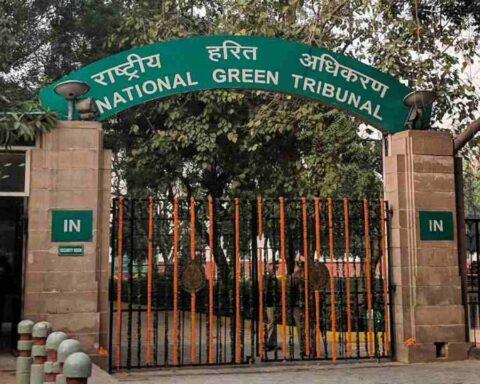By a vote of 13 to two, the International Court of Justice (ICJ) ruled that Russia “must immediately suspend the military operations it began on February 24”. India’s Dalveer Bhandari joined the majority, while the Russian and Chinese judges (Vice President Kirill Gevorgian and Judge Xue Hanqin) voted against the order.
The court’s decision – the first such verdict issued by the ICJ since the start of the Russian invasion – follows a complaint filed by Ukraine on February 27, accusing Russia of manipulating the concept of genocide to justify its military aggression.
Although ICJ verdicts are binding, media outlets have questioned whether Moscow will abide by the ruling, as the court has no direct means of enforcing it.
In its decision, the Court begins by recalling that, on February 26, Ukraine filed a complaint against Russia concerning “a dispute” relating to the interpretation, application and execution of the Genocide Convention.
Ukraine argued that having falsely claimed acts of genocide against the population of Luhansk and Donetsk Oblasts, Russia declared and implemented a “special military operation” to prevent and punish the alleged acts.
The ICJ called on Russia to immediately suspend its attacks and cease all military operations as they were based on Moscow’s stated goal of preventing or punishing Ukraine for committing genocide.
The Court also noted that Russia had decided not to participate in the oral proceedings and then presented a document setting out its position that, in the present case, the Court did not have jurisdiction and asked it to refrain from indicating provisional measures and removing the case from its list”.
The judges were unanimous in their order asking both parties to refrain from any action that might “aggravate or extend the dispute…or make it more difficult to resolve.”





























